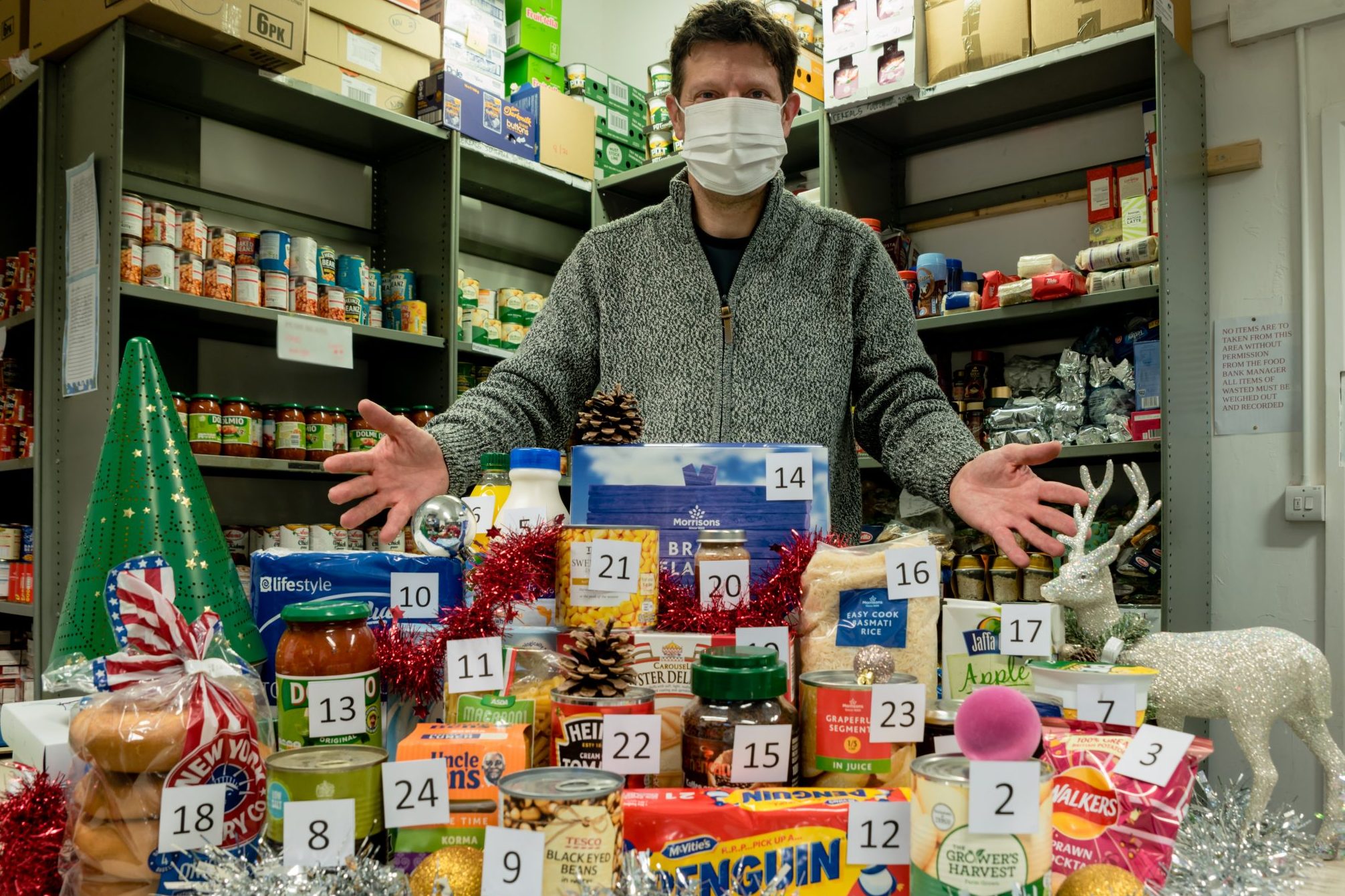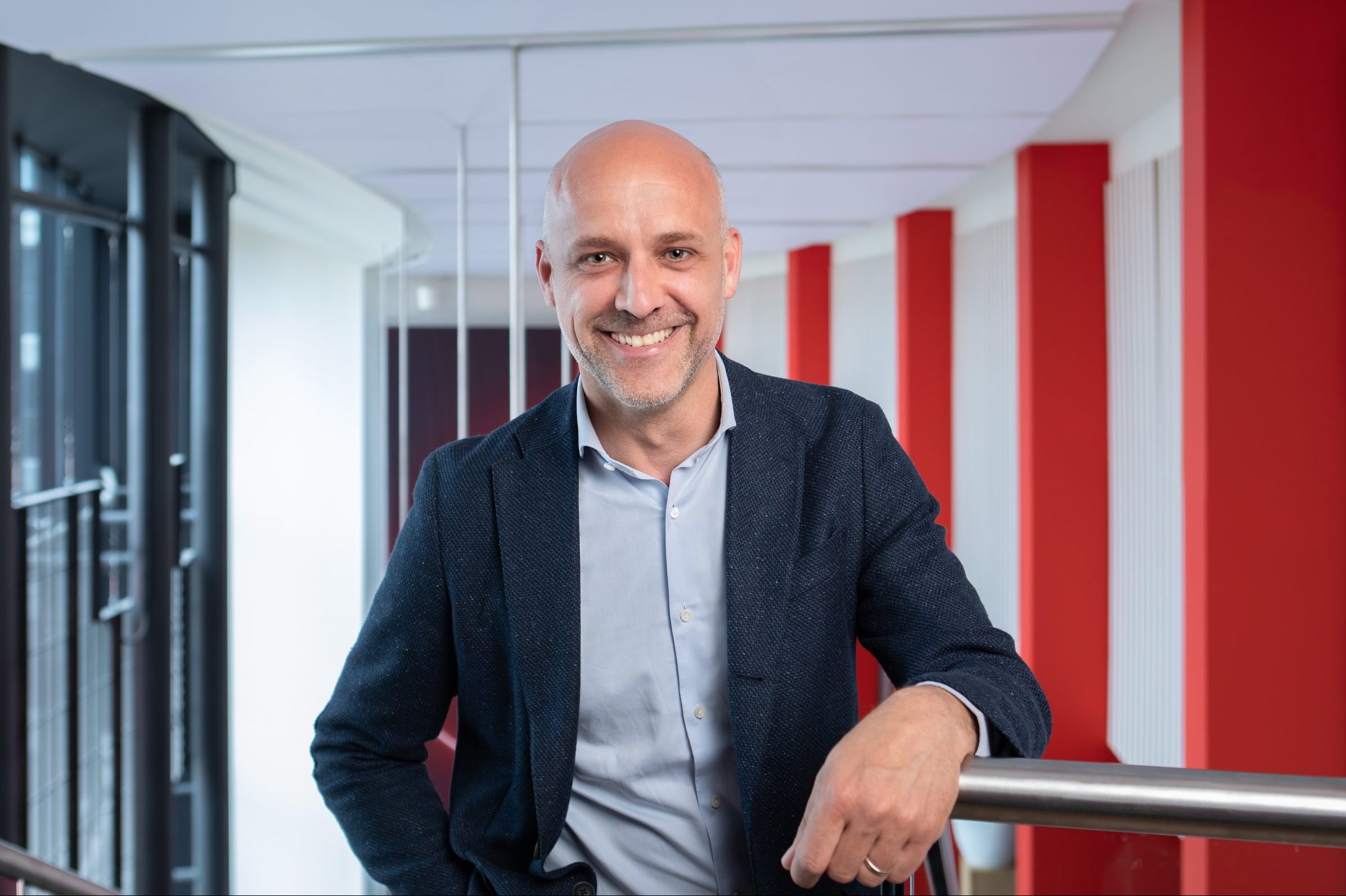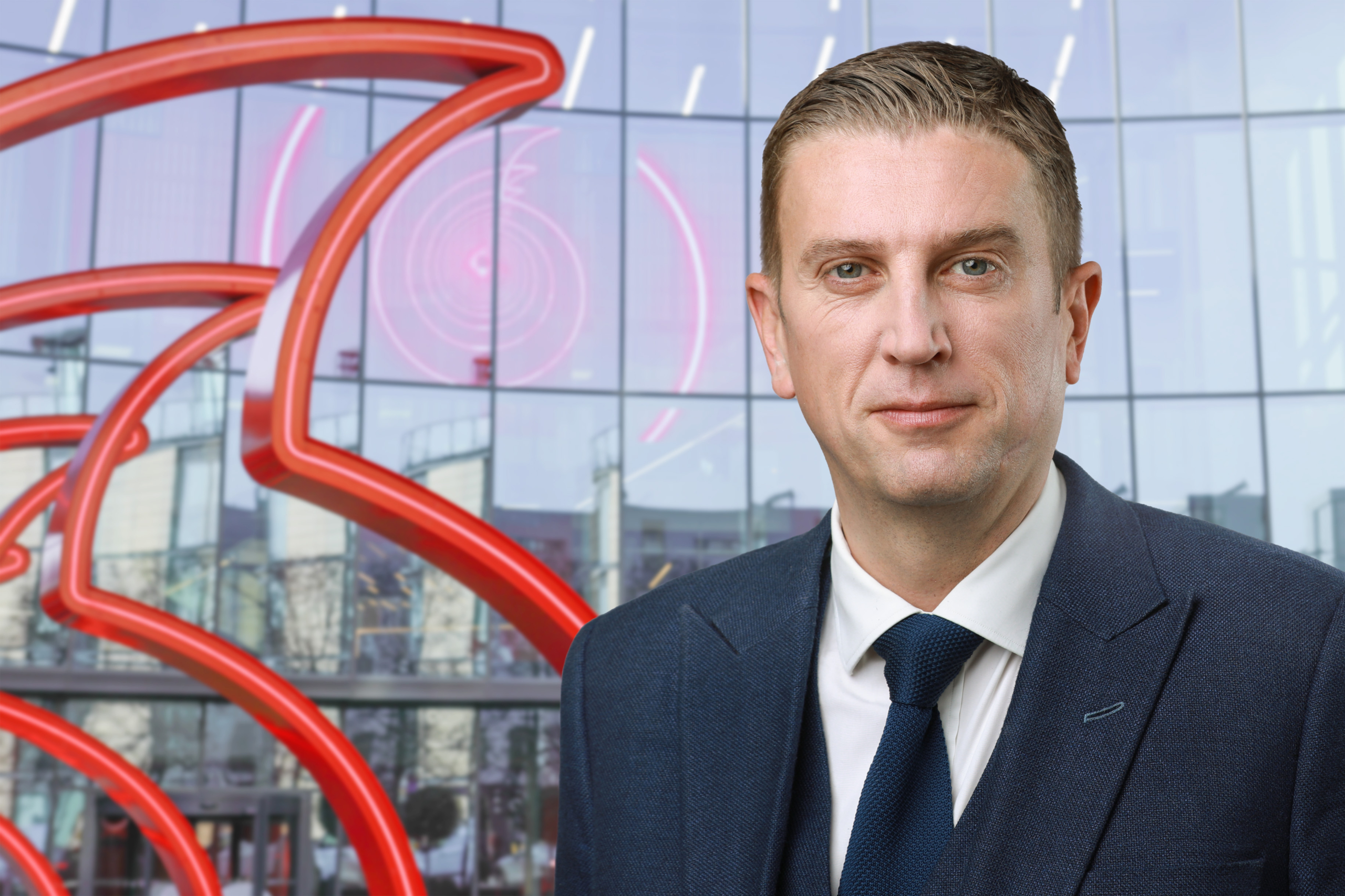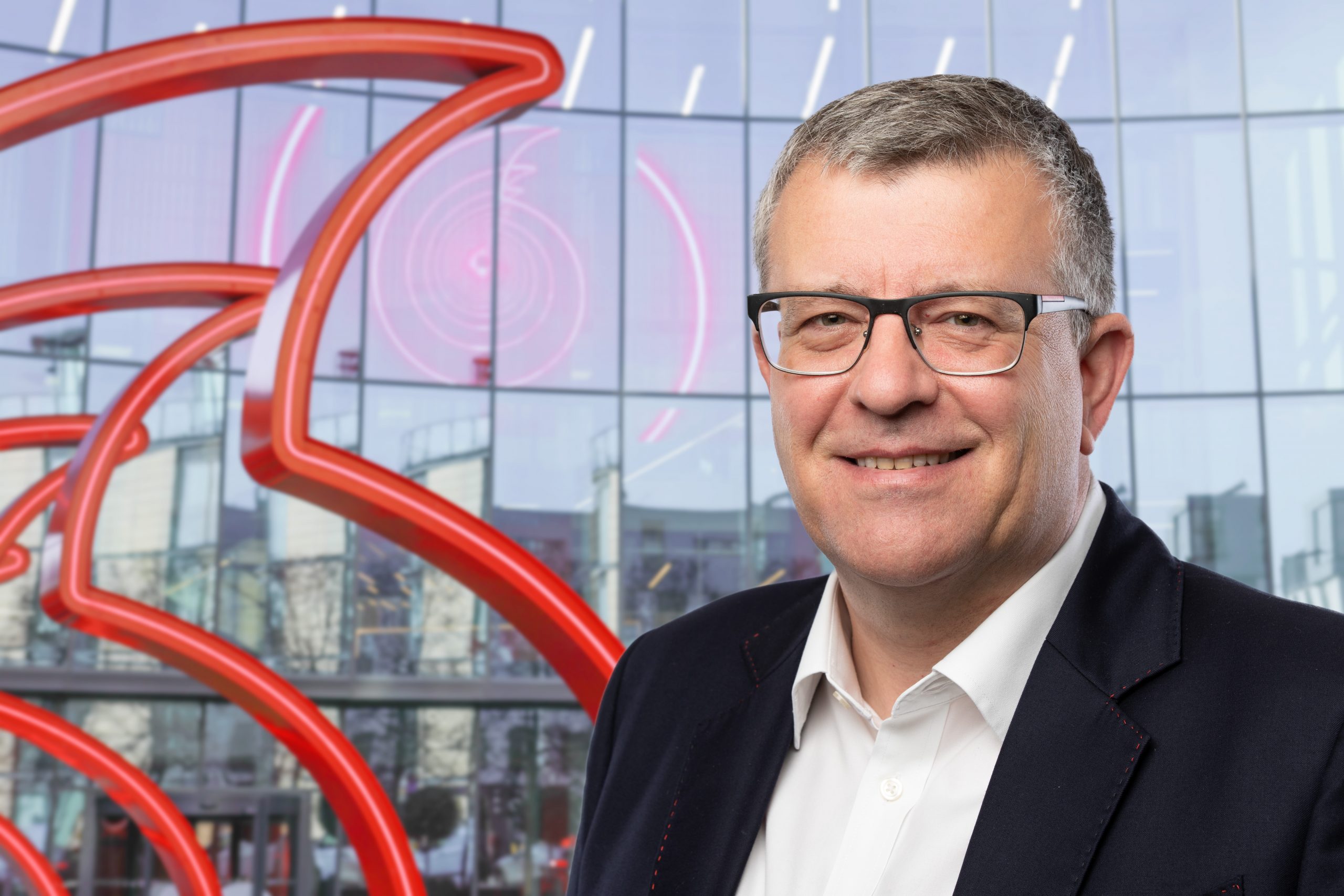
Nick Jeffery, CEO, Vodafone UK, and member of the Government-backed Covid Recovery Commission, discusses the findings of the Commission’s first report which looks at the economic and social impact the pandemic is having on communities throughout the UK.
The findings of our first report – Levelling up Communities – are stark.
Deprived communities across the UK that were struggling before the coronavirus health crisis struck are now struggling even more as a result of the health crisis. Inequalities are widening.
Deaths from COVID-19 are higher in deprived areas; mental health is worse, unemployment is higher. While the north west of England has the highest number of people (1.6 million) living in deprived neighbourhoods in the UK, inequality affects more affluent areas, too.
There are pockets of severe deprivation in some of the country’s richest boroughs. More than a million people in the UK’s most deprived communities actually live in local authorities with the highest economic output.
Lockdown has been a strain for many people for a number of reasons, but for those suffering economic hardship and worrying how they’re going to pay the next bill, it’s been particularly stressful. The proportion of people experiencing moderate to severe symptoms of depression has increased by 14 percentage points among those who say they couldn’t afford to pay a bill they weren’t expecting.
This presents us with some big challenges.
‘People as well as places’
The Government has declared a commitment to ‘levelling-up’, whereby it wants to bring less affluent regions up to the level of more affluent regions. This is a laudable aim, but the Commission’s research suggests that we need to take a more local, community-based approach if we are really going to tackle inequality from the grass roots upwards.
How do we do this?
Firstly, we need to make sure we’re measuring the right things. Success isn’t just about overall economic performance; we need to assess the physical and mental health of people at neighbourhood level, too. Otherwise we won’t be getting a complete picture of what’s really going on in our communities. We need to focus on people as well as places.
To do this, we need to devolve more power to local decision makers, such as Metropolitan Mayors, and encourage local measurement and reporting of this community-level economic and health data. We think this will drive local accountability and a sense of ownership of the issues, helping to ensure funding goes to where it is needed most with tangible results.
We also think local businesses can play an important role, working with government and the communities they serve, to build a fairer economy for all. For example, Vodafone is a technology communications company but we also have a strong retail presence and offices across the country. Our colleagues work in the heart of local communities, so we know our customers well. We need to harness this local intelligence for the benefit of all.
Tech-driven recovery
From Vodafone’s perspective, we’ve strongly argued that technology will be a key catalyst for this levelling up process. Equipping people with the connectivity tools they need to take an active part in the digital society will be crucial. We want to ensure that no-one is left behind in this tech-led economic recovery. And wireless mobile technologies like 5G will be the quickest way to achieve this.
The Commission will be producing two more papers before the end of the year with a final report to follow, hopefully in February 2021. We will be fleshing out our plans and suggestions for how we can tackle these pockets of deprivation and inequality and help all communities in the UK to flourish – mentally, physically and economically.





![Nicki-Lead_image[OPTIMISED]](https://www.vodafone.co.uk/newscentre/app/uploads/2023/10/Nicki-Lead_imageOPTIMISED.jpg)
![Coins of Great British sterling[Adobe Stock]](https://www.vodafone.co.uk/newscentre/app/uploads/2024/06/Coins-of-Great-British-sterlingAdobe-Stock.jpg)